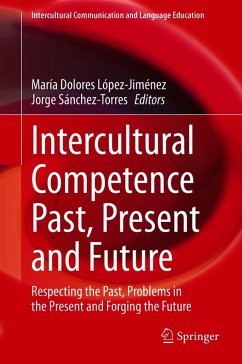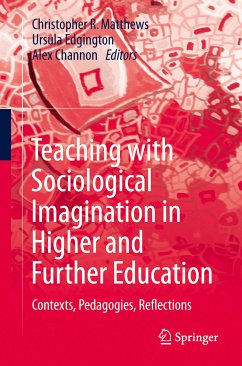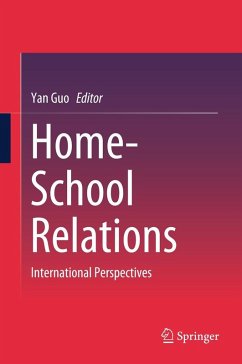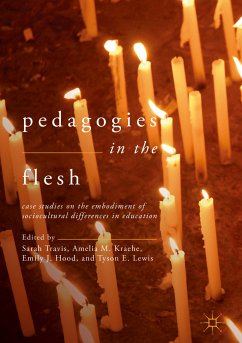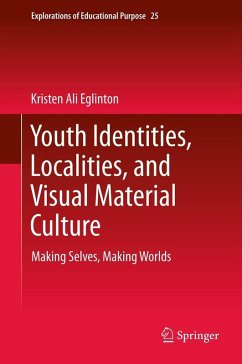
Ideology, Agency, and Intercultural Communicative Competence (eBook, PDF)
A Stratified Look into EFL Education in Japan
Versandkostenfrei!
Sofort per Download lieferbar
88,95 €
inkl. MwSt.
Weitere Ausgaben:

PAYBACK Punkte
44 °P sammeln!
Associated with an important epistemological shift from language proficiency to language criticality in applied linguistic research, this book provides a sociological perspective on foreign language education in Japan. By employing ethnographic methods to investigate the relationship between three core analytical elements - foreign language education geared towards the development of learners' intercultural communicative competence; nihonjinron and native-speakerism as potentially constraining ideological forces; and EFL practices observed at four Japanese junior high schools - the author not ...
Associated with an important epistemological shift from language proficiency to language criticality in applied linguistic research, this book provides a sociological perspective on foreign language education in Japan. By employing ethnographic methods to investigate the relationship between three core analytical elements - foreign language education geared towards the development of learners' intercultural communicative competence; nihonjinron and native-speakerism as potentially constraining ideological forces; and EFL practices observed at four Japanese junior high schools - the author not only shares valuable insights into how English is taught and learned in a stratum of the Japanese EFL system which has received limited attention from researchers over the years, but also clarifies the fundamental and complex changes currently taking place in the Japanese EFL landscape.
This multi-faceted book also calls for greater consideration in postmodern ideology critique for the stratified nature of social processes as well as the material conditions and underlying generative mechanisms involved in the production and consumption of (including resistance to) ideological discourse. Accordingly, it outlines several challenges shaping ideology research in educational settings, and responds by developing a realist-oriented theoretical and methodological approach to address these challenges. This book serves as a unique point of reference for the study of parallel nationalist discourses embedded in foreign language education systems around the world.
This multi-faceted book also calls for greater consideration in postmodern ideology critique for the stratified nature of social processes as well as the material conditions and underlying generative mechanisms involved in the production and consumption of (including resistance to) ideological discourse. Accordingly, it outlines several challenges shaping ideology research in educational settings, and responds by developing a realist-oriented theoretical and methodological approach to address these challenges. This book serves as a unique point of reference for the study of parallel nationalist discourses embedded in foreign language education systems around the world.
Dieser Download kann aus rechtlichen Gründen nur mit Rechnungsadresse in A, B, BG, CY, CZ, D, DK, EW, E, FIN, F, GR, HR, H, IRL, I, LT, L, LR, M, NL, PL, P, R, S, SLO, SK ausgeliefert werden.




